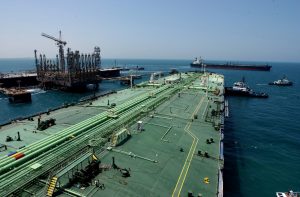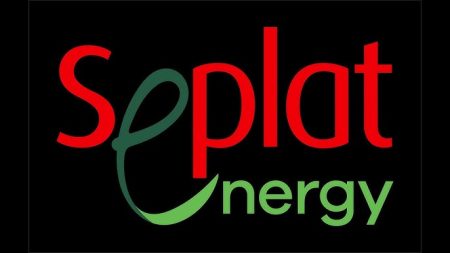
Lagos — Saudi Arabia on Tuesday extended its 1-million-barrels-per-day voluntary crude oil production cut until the end of the year, according to the state-owned Saudi Press Agency.
The reduction will put Saudi crude output near 9 million barrels per day over October, November and December and will be reviewed on a monthly basis.
Riyadh first applied the 1 million-barrels-per-day reduction in July and has since extended it on a monthly basis. The cut adds to 1.66 million barrels per day of other voluntary crude output declines that some members of the Organization of the Petroleum Exporting Countries have put in place until the end of 2024.
Fellow heavyweight oil producer Russia — which leads the contingent that joins OPEC nations in the OPEC+ coalition — also pledged to voluntarily reduce exports by 500,000 barrels per day in August and by 300,000 barrels per day in September. Russian Deputy Prime Minister Alexander Novak on Tuesday said that it will extend its 300,000 barrels-per-day reduction of exports until the end of December 2023 and will likewise review the measure on a monthly basis, according to the Kremlin.
The cuts are described as voluntary because they are outside of OPEC+’s official policy, which commits every non-exempt member to a share of production quotas. OPEC Secretary-General Haitham al-Ghais has previously said that resorting to voluntary reductions outside of OPEC+ decisions does not suggest divisions in policy views among alliance members.
The Ice Brent futures contract with November delivery was up $1.07 per barrel to $90.07 per barrel at 2:13 p.m. London time, with WTI futures higher by $1.40 per barrel to $86.95 per barrel.
Saudi stakes
Saudi Arabia faces a difficult juggling act between implementing oil production cuts and the blow to its crude-reliant economy. Losses incurred by trimming production — and, indirectly, marketing volumes — could be partially offset by increases in Riyadh’s sale prices and in the global oil prices that underpin them.
After languishing below $75 per barrel for the better part of the first half of the year, global futures prices shot up by more than $10 per barrel over the summer, most recently boosted by security risks in OPEC member Gabon and the threat of disruption in the Gulf of Mexico, in the wake of Hurricane Idalia.
The Paris-based International Energy Agency expects increasing supply tightness in the second half of 2023 as demand recovers in China, the world’s largest crude importer.
Saudi Arabia depends on oil revenues to support several so-called “giga-projects” designed to diversify its economy. Crude output cuts and a fall in oil prices earlier this year led to a slowdown in Riyadh’s GDP, which expanded by an annual 1.1% in the second quarter, down from 3.8% in the previous quarter and 11.2% in the same period of 2022.
Saudi state-controlled Aramco typically sells crude supplies through annual contracts that often state minimal volumes to be made available to clients. While Aramco and its customers can mutually agree to forego this requirement, customers can insist on receiving their contracted volumes — which would push Saudi Arabia to either withdraw from its dwindling stocks or increase production.
At stake is also the prospect of conceding market share to Russia and Iran which produce similar-quality crude to Saudi Arabia and have primarily directed their exports to China, offering heavily discounted prices.
Iran’s oil minister Javad Owji in the middle of August said in Google-translated comments reported by state news agency IRNA that his country was producing as much as 3.19 million barrels per day, despite ongoing U.S. sanctions that have deprived Tehran of European and most Asian buyers.
— CNBC’S Dan Murphy contributed to this report



